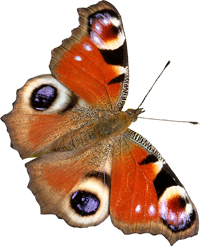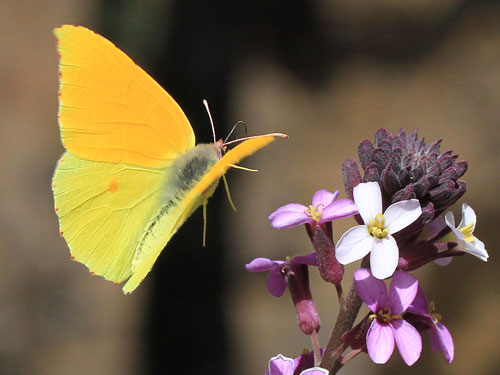
Tenerife, Spain, April 2012
Male. The orange on the forewing is more extensive than the cleopatra found outside the Canary Islands.
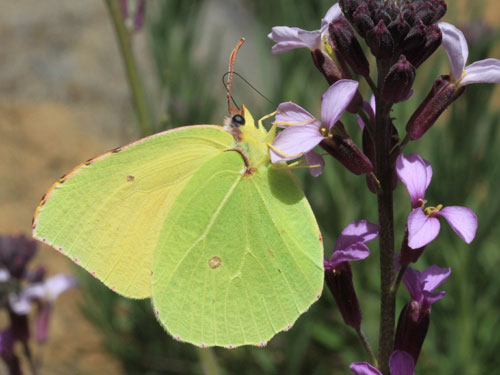
Tenerife, Spain, April 2012
Male
Field notes and information
There is some debate if the three Canarian species of Gonepteryx are species in their own right, or to be grouped together or are subspecies of the African mainland Cleopatra G. cleopatra. The males are certainly distinct with their upper forewing almost entirely orange in the Canaries.
Genome analysis does suggest that the Canaries were colonised from Africa firstly in Tenerife, then La Gomera and finally La Palma. I've tentatively split the group into three: G. cleobule from Tenerife, G. gomera from La Gomera and G. palmae from La Palma.
Identification & Similar species: The hooked forewing tip make it unmistakable on the Canaries.
Distribution & Flight: Only found on the Canary Islands of Tenerife, La Palma and Gomera, a different species on each island. It flies throughout the year but it is not clear if it can diapause during the coolest periods.
Habitat & Behaviour: Flies in laurisilva forests on the northern slopes and upper levels of these islands. Clearings, roadsides and open areas such as farmland bordering forests.
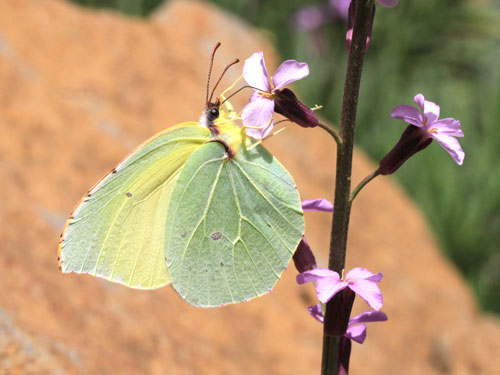
Tenerife, Spain, April 2012
Female. She is much greener than the male.
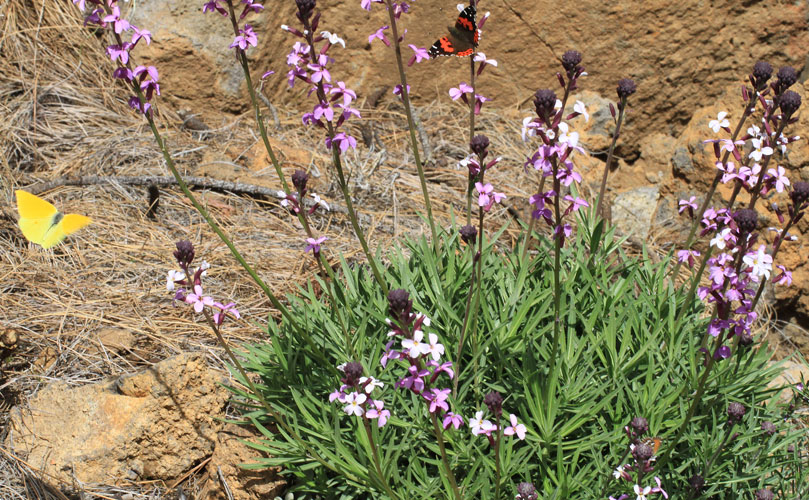
Three Canarian endemics - G. cleobule, V. vulcania, C. webbianus.
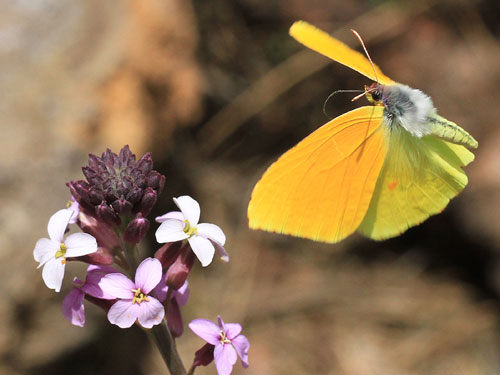
Tenerife, Spain, April 2012
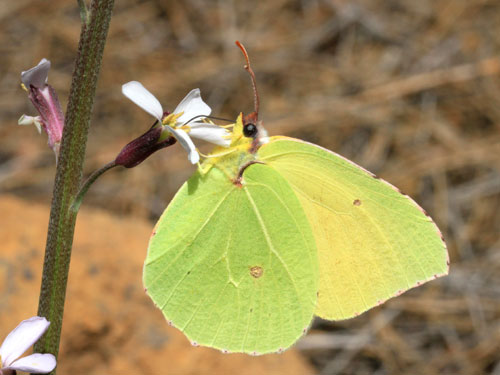
Tenerife, Spain, April 2012
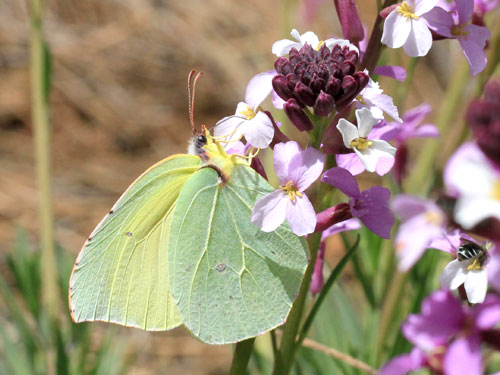
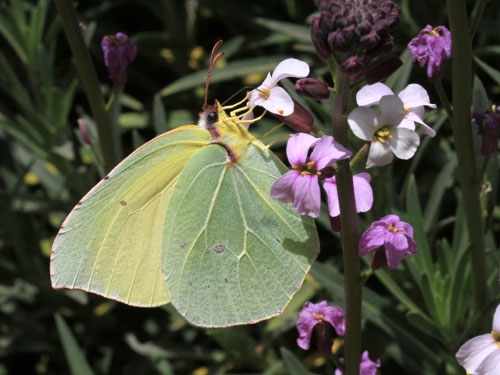
Tenerife, Spain, April 2012
Female
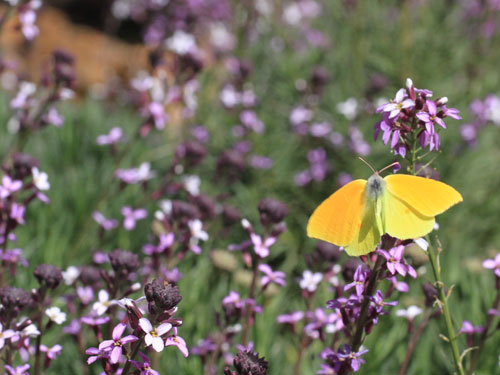
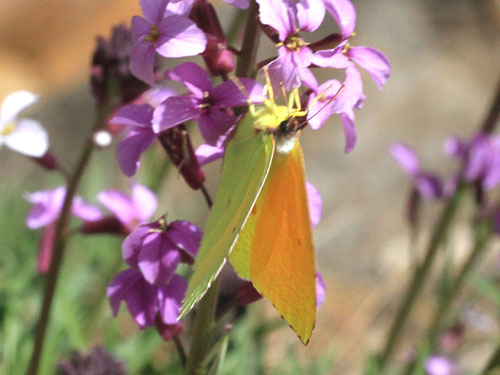
Tenerife, Spain, April 2012
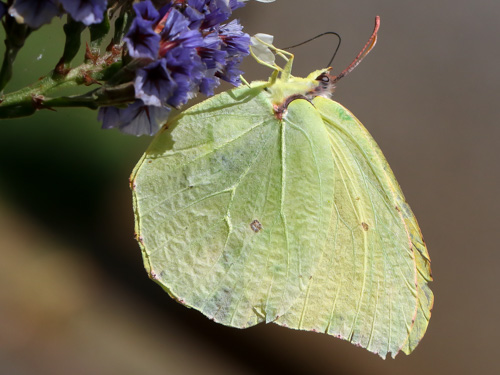
Tenerife, Spain, August 2021
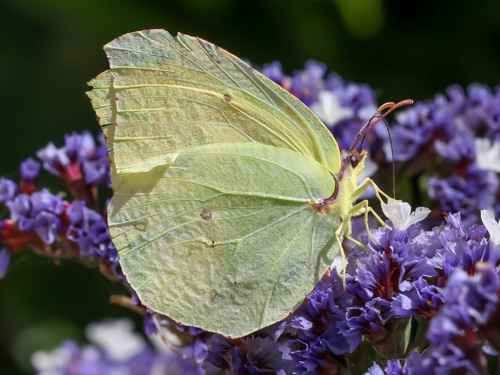
Tenerife, Spain, August 2021
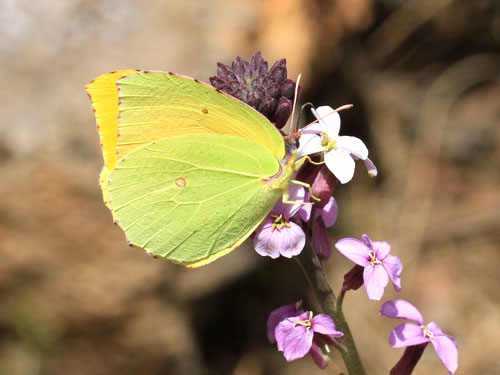
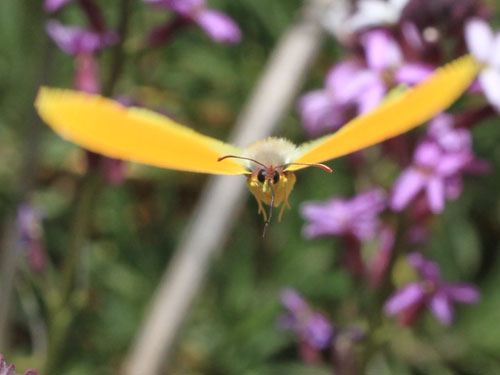
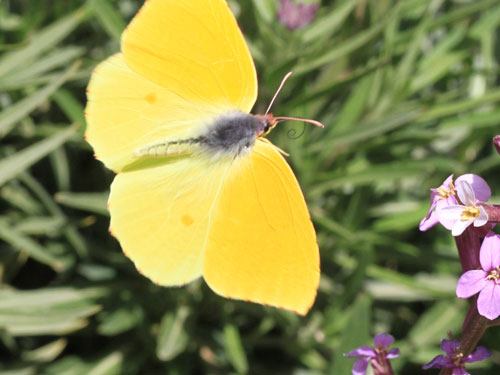
Tenerife, Spain, April 2012
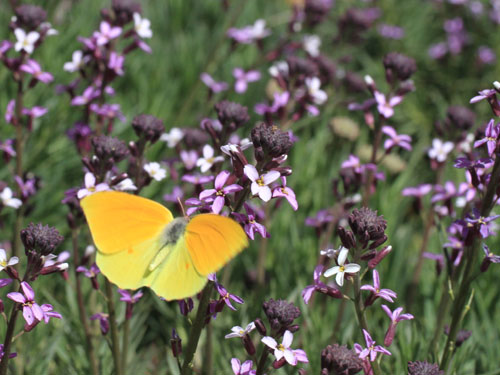
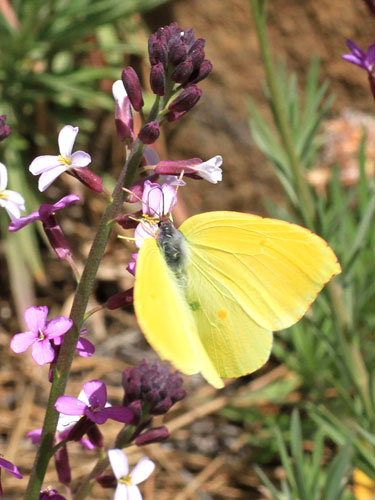
Tenerife, Spain, April 2012
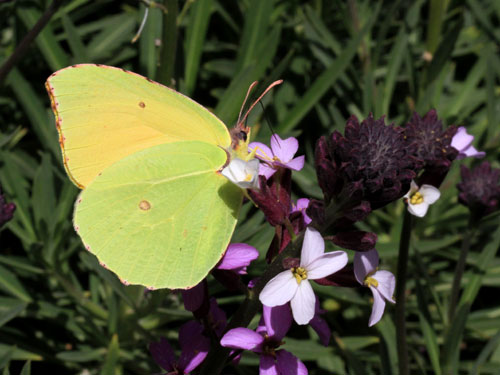
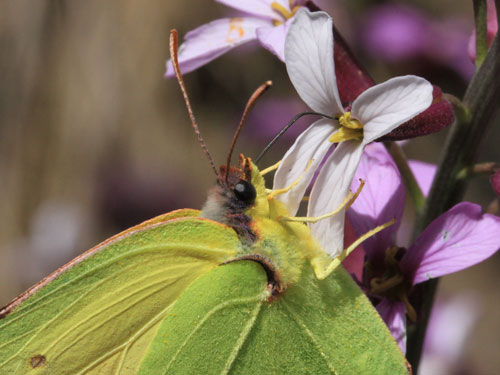
Tenerife, Spain, April 2012
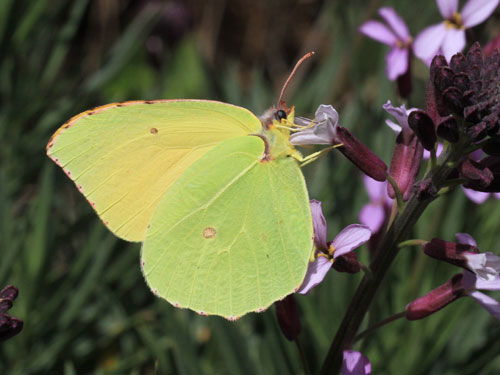
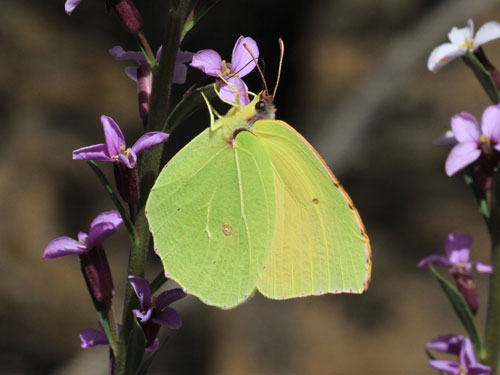
Tenerife, Spain, April 2012
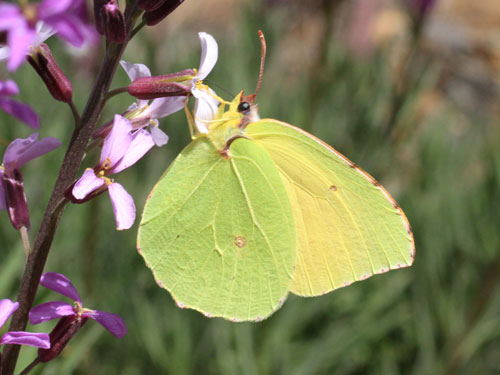
Tenerife, Spain, April 2012
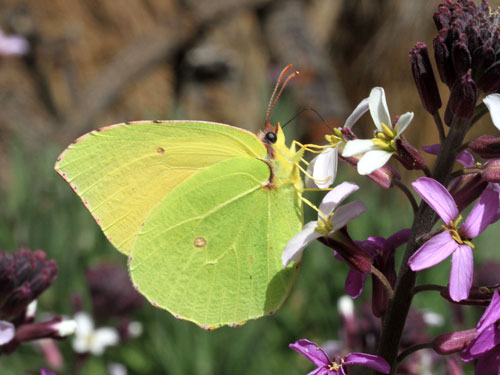
Tenerife, Spain, April 2012
